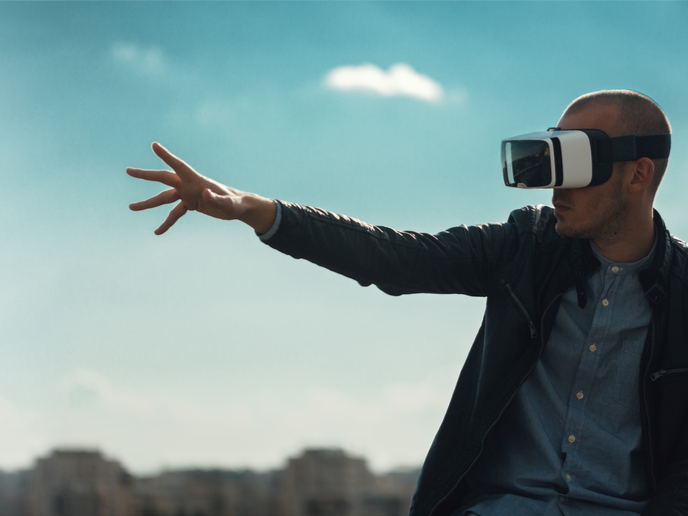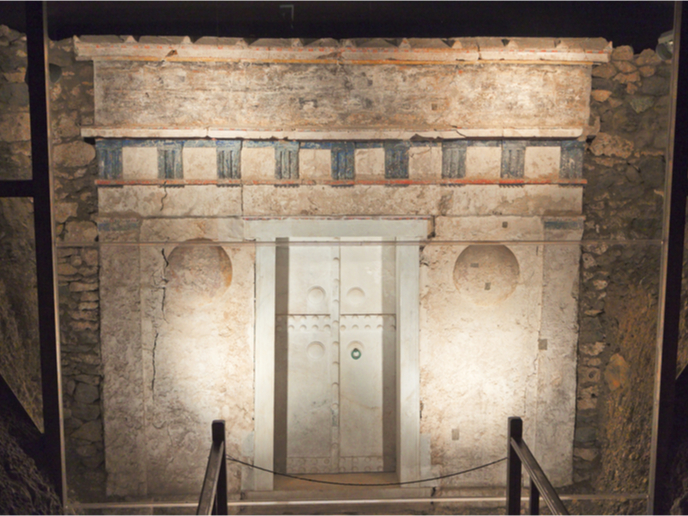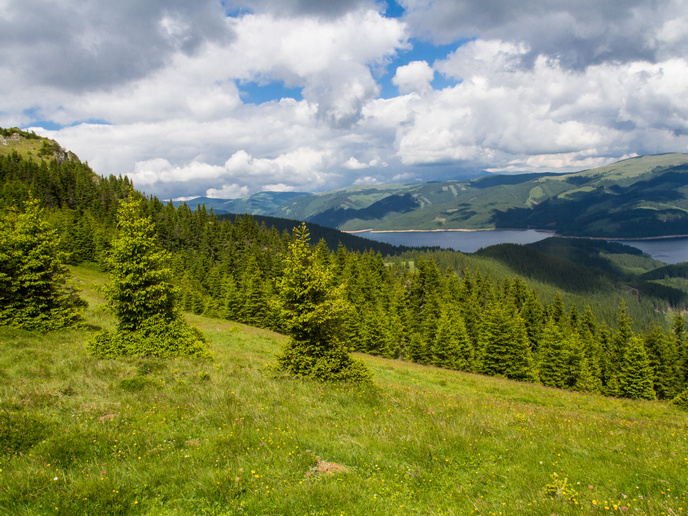Can Virtual Reality shift our perspective on issues like climate change and immigration?
Across the world, Virtual Reality (VR) is being praised for the feeling of immersion it provides. It is indeed the closest engineers and developers have been to blurring the lines between what’s real and what’s virtual. But what’s this immersion worth exactly? Can it change the way we perceive the real world or make us change our mind about something? And if so, does it fare better than a movie or documentary would in this regard? As surprising as it may sound, we don’t know for certain. As VR technology evolves and the realm of possibility expands, the PersVR (Unraveling the persuasive power of 360º-video Virtual Reality narratives) project arrives just in time to clear this matter up. The project specifically focuses on 360° video VR narratives to find out whether they can influence viewers’ opinions on two fundamental issues faced by humanity: climate change and immigration. “The issues of climate change and refugees often feel far away from us. We may hear about or even see images of poor quality of life in migrant camps or the Arctic melting, but eventually as we turn off our TV or close our newspaper, things become increasingly abstract and less emotionally grasping. The trouble is that we need to take on these challenges now and raising citizen awareness is a key ingredient to timely action,” says Tilo Hartmann, professor of Virtual Reality and Communication at VU Amsterdam. The rationale behind PersVR is simple. If VR is better placed than traditional media to bridge the psychological distance gap associated with these two problems, then perhaps actual empirical data will help justify investment in this technology.
The power of narrative VR
“VR has the power to make things very concrete,” Hartmann explains. “You can see the Arctic melting right in front of your eyes or be in the middle of a bushfire, which makes you a direct witness of these events. PersVR really is about seeing how VR can be used to make the best of both worlds: the strong narratives brought by good journalism, and the immersion brought by a VR headset. We want to integrate these two mechanisms and see how they perform together, which has never been done under other VR-related studies.” To gather empirical insight, Hartmann and Marie Skłodowska-Curie fellow Miguel Barreda used existing 360° video clips on climate change and immigration. In the latter case, they picked ‘Clouds over Sidra’ – a critically acclaimed 360° web VR film focusing on the Syrian refugee crisis co-produced by VRSE and the United Nations. In this movie, watchers get to know Sidra, a 12-year-old girl who takes them to visit the Za’atari Refugee Camp and follow her daily life. “The empirical study was delayed due to COVID-19, but the idea is to show these videos to different groups in different formats as well as induce different states of immersion to vary the witnessing effect,” Hartmann adds. “Subjects won’t initially know what the test is about: they will fill in a survey after the VR experience, and we will measure their physiological parameters as they watch the video clips.” By the end of the experiment, Hartmann and Barreda should have a better sense of how narrative VR experiences really impact participants. The project is currently on hold but work will resume post-lockdown, probably after summer 2021. In the meantime, the team has been studying the use of VR technology as an alternative to courses using video call software, and their findings are already sparking interest in various universities.
Keywords
PersVR, virtual reality, VR, narrative, climate change, immigration, 360° video







